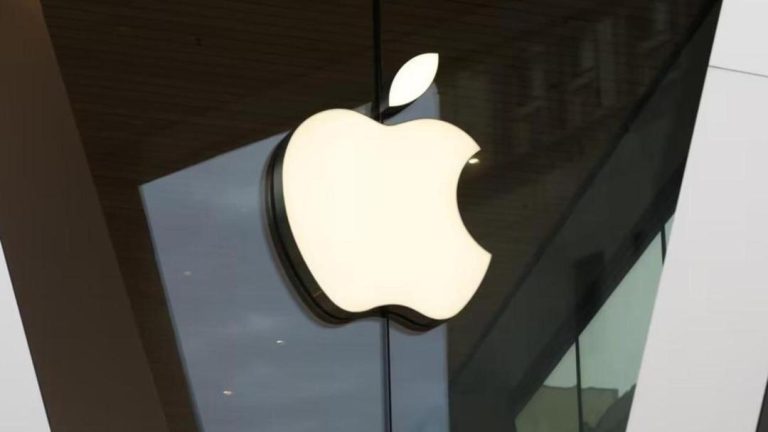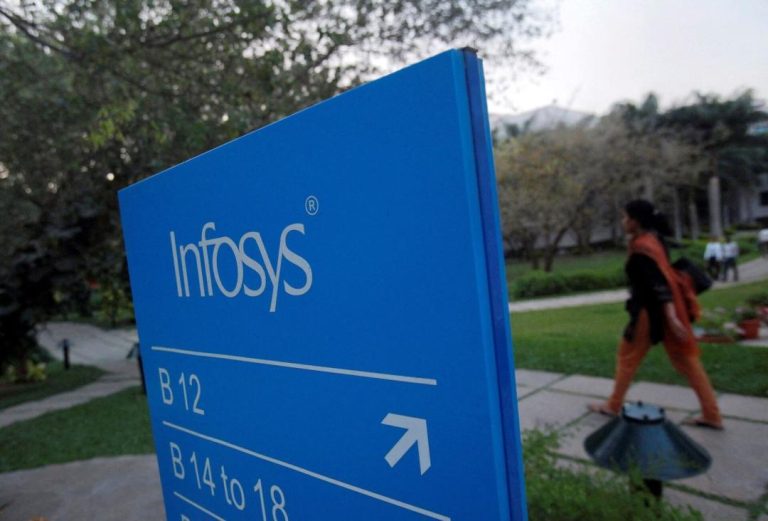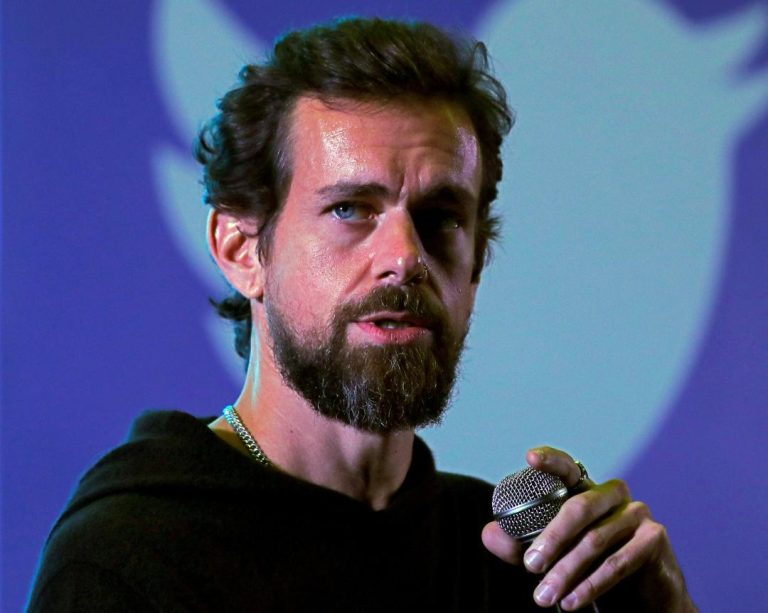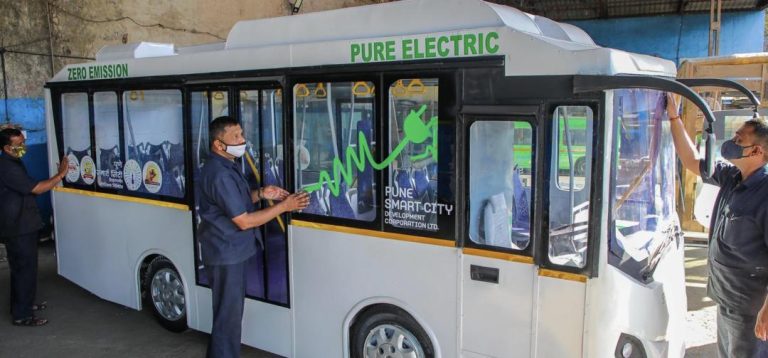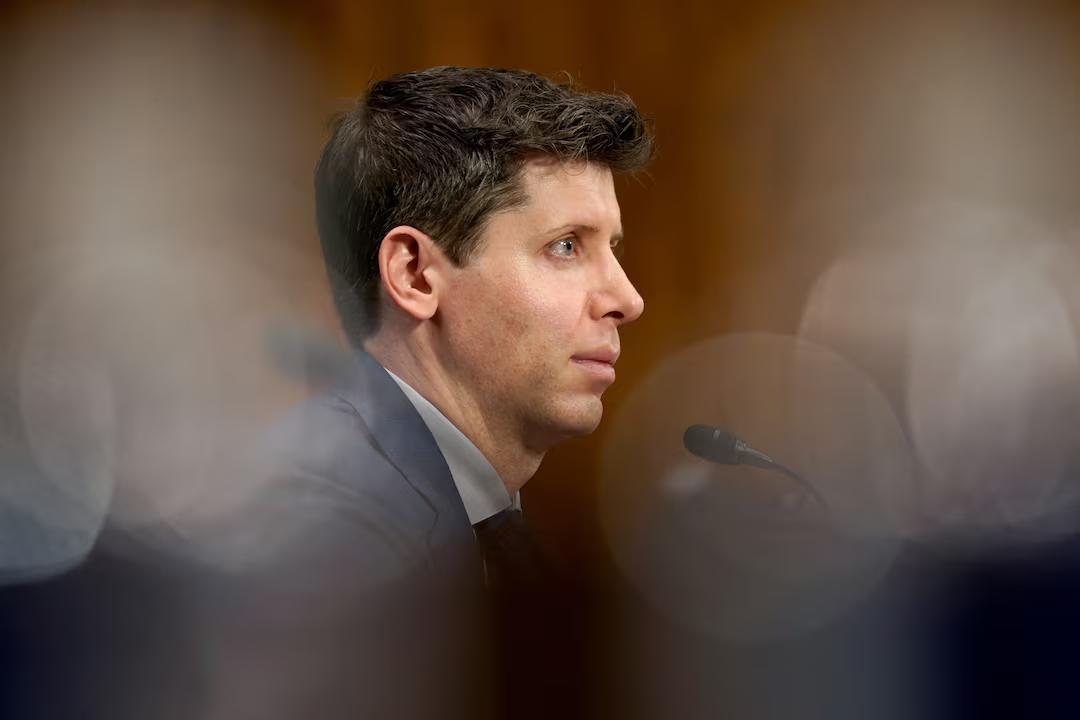
OpenAI Poaches AI Talent from Meta & Others after Meta’s Poaching: Report
In a shocking turn of events, OpenAI, the company behind the popular AI model ChatGPT, has reportedly poached four high-profile engineers from Meta, xAI, and Tesla to join its scaling team. This move comes as Meta continues to poach AI talent from across the tech industry. The four engineers in question are David Lau, former VP of software engineering at Tesla; Uday Ruddarraju, former head of infrastructure engineering at xAI; Mike Dalton, xAI engineer; and Angela Fan, Meta AI researcher.
OpenAI’s decision to poach these talented engineers is seen as a strategic move to strengthen its team and stay ahead in the competitive AI landscape. The company is known for its cutting-edge AI research and development, and the addition of these experts is expected to accelerate its progress in the field.
Meta, on the other hand, has been making headlines for its aggressive poaching of AI talent from other companies. The social media giant has reportedly been targeting top engineers and researchers from across the industry, including those from Google, Microsoft, and Facebook. This move is seen as an attempt to bolster its own AI capabilities and stay competitive in the market.
The poaching war between OpenAI and Meta is a reflection of the increasing importance of AI in the tech industry. As AI continues to transform industries and revolutionize the way we live and work, companies are willing to go to great lengths to acquire the talent they need to stay ahead.
But what’s behind OpenAI’s decision to poach these engineers from Meta and other companies? According to insiders, the company is looking to expand its scaling team to accelerate the development of its AI models. The four engineers in question bring a wealth of experience and expertise to the table, having worked on some of the most complex AI projects in the industry.
David Lau, the former VP of software engineering at Tesla, is known for his work on the company’s Autopilot system. His expertise in autonomous driving and AI software development will be invaluable to OpenAI’s scaling team.
Uday Ruddarraju, the former head of infrastructure engineering at xAI, has a background in machine learning and AI infrastructure development. His experience in building and scaling AI systems will be crucial to OpenAI’s efforts to develop more sophisticated AI models.
Mike Dalton, the xAI engineer, has a strong background in natural language processing and machine learning. His expertise in developing AI models that can understand and generate human language will be essential to OpenAI’s efforts to create more human-like AI assistants.
Angela Fan, the Meta AI researcher, has a background in computer vision and machine learning. Her expertise in developing AI models that can analyze and understand visual data will be crucial to OpenAI’s efforts to develop more sophisticated AI systems.
The poaching of these engineers is seen as a significant blow to Meta, which has been investing heavily in its AI capabilities. The company has been trying to attract top talent in the AI space, and the loss of these engineers will likely hinder its progress.
However, it’s worth noting that Meta’s efforts to poach AI talent are not entirely new. The company has been aggressively targeting top engineers and researchers from across the industry, including those from Google, Microsoft, and Facebook. This move is seen as an attempt to bolster its own AI capabilities and stay competitive in the market.
In conclusion, the poaching war between OpenAI and Meta is a reflection of the increasing importance of AI in the tech industry. As companies continue to invest in AI research and development, the competition for top talent is only going to intensify. OpenAI’s decision to poach these engineers from Meta and other companies is a strategic move to strengthen its team and stay ahead in the competitive AI landscape.
Source:
